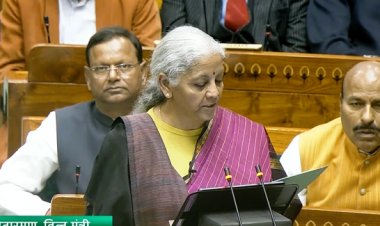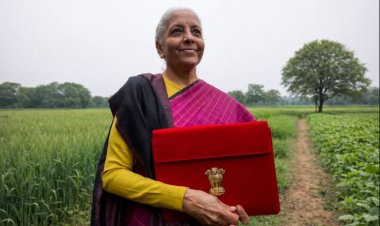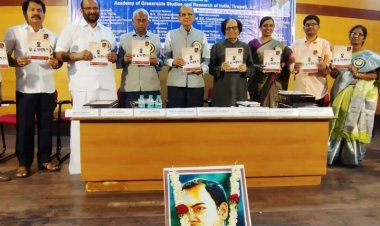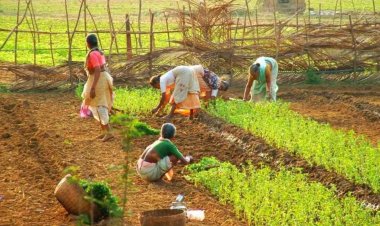In order to curb the rising prices of rice in the domestic market, the government has imposed a 20 per cent duty on the export of non-basmati sela rice (parboiled rice).
According to a notification issued by the Revenue Department of the Ministry of Finance on August 25, the duty on export on Sela rice has come into force with immediate effect.
The government had banned the export of non-basmati white rice on July 20, 2023.
Earlier in September 2022, export of broken rice was banned and 20 per cent export duty was imposed on non-basmati rice.
But this duty was not imposed on non-Basmati Sela rice.
However, through the August 25 notification, now 20 per cent duty has been imposed on the export of Sela rice.
This is the third step taken by the government to curb the export of non-basmati rice within a year.
India had exported 223 lakh tonnes of rice in 2022-23. India was the world's largest rice exporter with 40 per cent share in the global market. Of the total rice exports, 177.87 lakh tonnes of non-basmati rice was exported. In which 78.46 lakh tonnes of parboiled (sela) rice was exported.
The government is very concerned over the continuous increase in the prices of food grains. Rice prices have increased by more than 10 per cent in the last one year.
However, according to government data, there has been a record production of rice in the country in the last crop year (2022-23). But still the price is increasing.
When Rural Voice spoke to highly placed sources in the government about this, they said that there is a possibility that the export of par-boiled rice may increase significantly after the ban on the export of non-basmati white rice.
The source said that despite the ban on non-basmati exports, rice exports could reach 180-200 lakh tonnes.
When asked as to what steps the government could take if par-boiled rice exports increased, the official did not rule out the possibility of banning its exports.
Although the government has not yet banned its export, but it has imposed an export duty of 20 per cent. This step has been taken to discourage its export.
After the Centre banned the export of non-basmati white rice, prices in the global market have reached a record high. With the latest move from the government, these prices are expected to increase further.
Along with this, considering the way monsoon rains are very weak in large parts of the country, there may be a decrease in rice production despite the area under paddy being more than last year.
Last week itself, the government had imposed 40 per cent export duty on onions to check onion prices and increase domestic supplies. Onion farmers are opposing this.
Due to the ban on the export of non-basmati rice by the government and imposition of 20 per cent duty on the export of Sela rice, the price of paddy received by the farmers may be affected.
Paddy crop will start coming in the market from next month. But the government is constantly taking steps to check price hikes with assembly elections in five states ahead of the 2024 Lok Sabha polls weighing heavily on its mind as inflation has a bearing on election results.
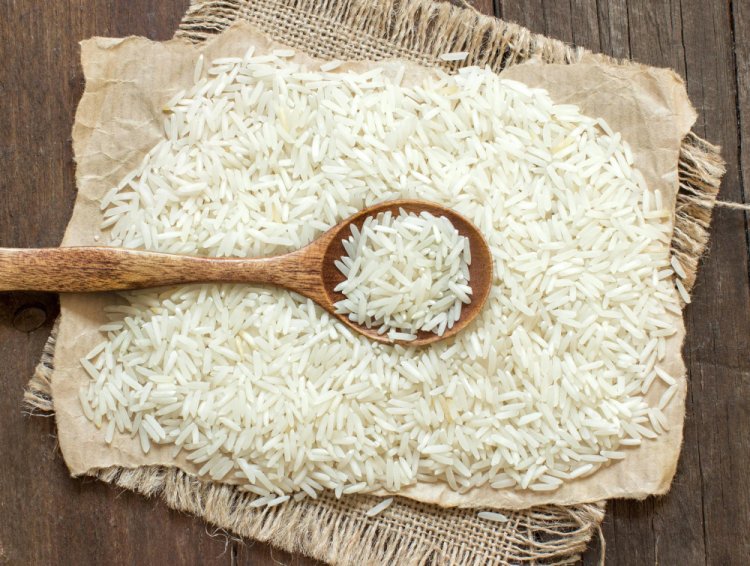
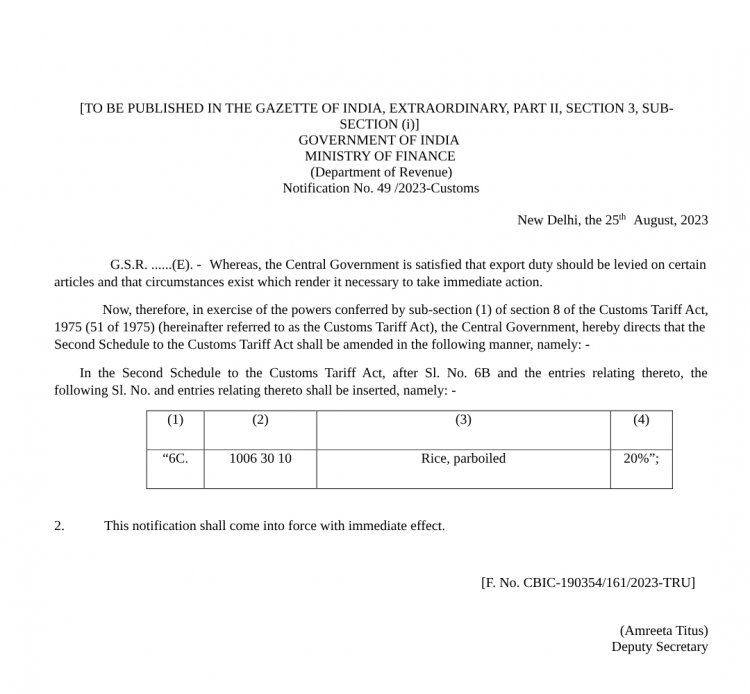



 Join the RuralVoice whatsapp group
Join the RuralVoice whatsapp group

















